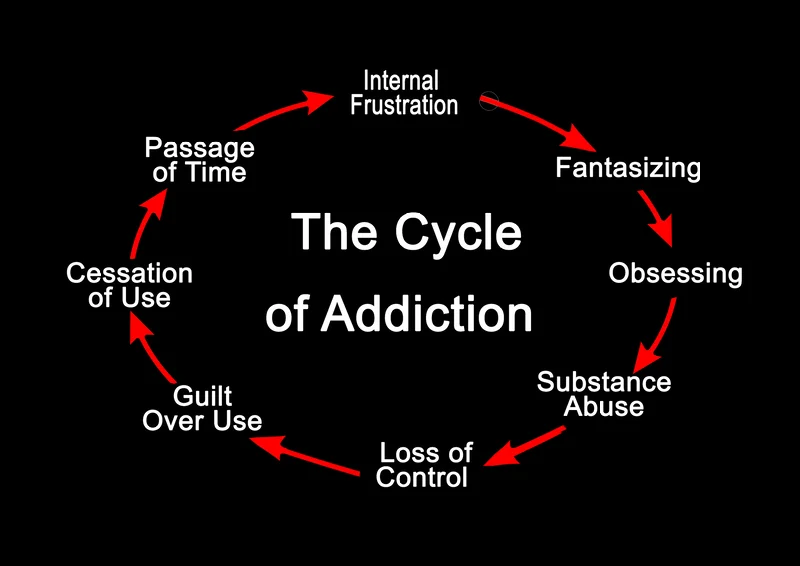
Applying an eye cream with anti-inflammatory properties before bedtime may also help soothe inflammation and reduce redness around the eyes. Eyelid swelling caused by an allergic reaction can be significant, since the eyelid tissue is stretchy and also tends to be quite ‘reactive’ to allergic stimuli. The eyelids can feel tight and may even be so swollen that the eyes can’t open. Sometimes overnight, when lying on one’s side, gravity results in swelling of one eyelid even though the trigger is an allergen such as pollen. Certain health conditions like Hodgkin’s lymphoma can increase the risk of developing an alcohol allergy. Additionally, individuals with existing allergic conditions, such as hay fever or food allergies, may experience cross-reactivity with alcohol, leading to an allergic reaction.
What Are the Risk Factors of Alcohol Allergy Rash?
- If you notice that the swelling persists despite trying home remedies or if it worsens over time, it’s essential to consult a healthcare professional.
- You should never ignore an allergy or intolerance and push it aside.
- Blocked tear ducts can develop due to an eye infection, injury, or tumor.
If they do not have an epinephrine injection to treat anaphylaxis right away, it could be fatal. Alcohol allergy symptoms can range from mild, such as an itchy mouth or eyes, to severe, including vomiting or anaphylaxis. The immune system usually produces antibodies to fight harmful substances in the body. However, in people with an alcohol allergy, the system mistakenly produces antibodies to attack alcohol following exposure to the substance, triggering various symptoms. The risk of developing eye symptoms increases when alcohol abuse is present, and symptoms may be worse than they would be in a non-drinker. Women are more prone to developing serious eye conditions, including glaucoma, chronic dry eye, and cataracts, all of which can be exacerbated through heavy drinking.

Double Vision
- Sinusitis affecting the sinuses just beneath the eyes can cause puffiness around the eyes, affecting the eyelids.
- Blepharitis causes the eyelid margins to swell, flake, and scale.
- There may also be accompanying symptoms like itching, a creamy discharge, or breathing problems.
Establishing a consistent sleep hygiene routine, such as maintaining a dark and quiet sleeping environment, can improve sleep quality. Limiting alcohol consumption before bed will also aid hydration levels. Additionally, engaging in regular physical activity boosts circulation and may enhance overall eye appearance.

How can allergies cause swollen eyelids?

Puffy eyes can often be diagnosed through a physical exam and a review of your medical history. Things like alcohol allergy eye swelling hay fever and conjunctivitis (“pink eye”) are often self-evident, particularly if you have risk factors for the conditions. With baggy eyes, the laxity and porousness of the skin make them more vulnerable to fluid retention. The accumulated fat beneath the eyes can also readily absorb and retain fluid. However, a bug bite or an allergy-related condition called contact dermatitis can cause unilateral swelling, leaving one eye swollen and the other one not. Limiting foods with a high sodium content may help lower the risk of eye puffiness.
Home remedies can include warm and cold compresses, eye drops, and eye flushes. This rare condition can cause severe swelling under the eye and on the upper cheekbones. Swelling under the eye often causes puffiness, possibly leading to the eye partially closing over. Depending on the underlying cause, it may affect one or both eyes. Simply place the cooled tea bags over your closed eyelids for about minutes for a refreshing treatment.

What are the common causes of swollen eyelids?

If you have a history of allergies, it’s important to identify specific triggers that may be causing your symptoms. When exposed to allergens, your body releases histamines as part of its immune response. This release can cause blood vessels to dilate and lead to swelling in the surrounding tissues, including the eyelids. Alcohol intolerance Halfway house is the body’s inability to process alcohol due to a genetic enzyme deficiency, causing symptoms like skin flushing and rapid heartbeat. A hangover is a reaction to excessive alcohol consumption and its by-products. This may involve medication, dietary changes, or other medical interventions as prescribed by a healthcare professional.
- You might consider chemical peels, fillers, or laser resurfacing to help reduce the appearance of puffy eyes.
- On the other hand, when you eat too much salt, water is not only retained in cells but also starts to accumulate.
- The severity of swelling can range from mild to severe and may be accompanied by additional symptoms such as redness, itching, or discomfort.
- Your doctor can run tests to determine if the rash is caused by an allergy or an underlying medical condition.
- While there is no cure for alcohol allergy, several strategies can help manage its symptoms and reduce the risk of allergic reactions.

0 Comments